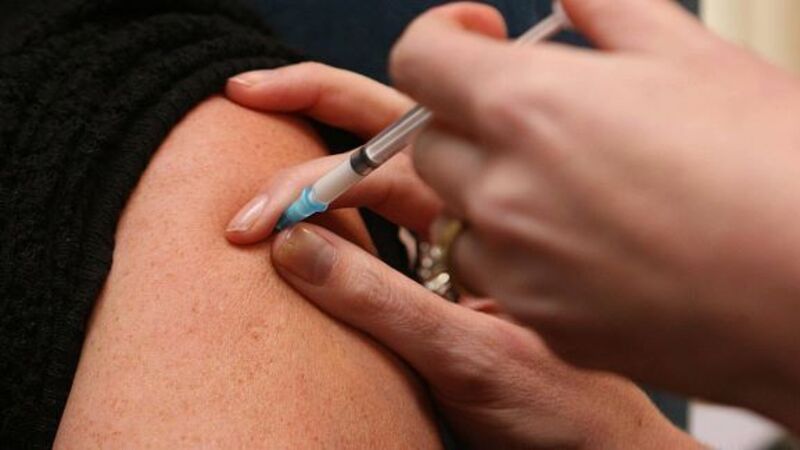Surge of interest in clinical trials to boost pay

The country’s only contract research clinic, which carries out medical trials, is receiving about 400 enquiries a month, with the majority of calls from people aged 21 to 25.
While the Shandon Clinic is the only unit of its kind in Ireland, according to the Irish Medicines Board (IMB) trial sites can also range from hospitals to medical clinics and GP surgeries, with about 390 trials ongoing at any one time.













